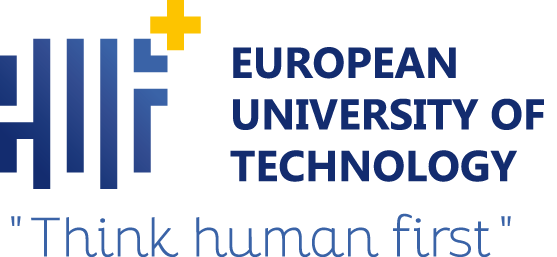Strategic Partners
Darmstadt University of Applied Sciences (Hochschule Darmstadt, h_da) puts science into action. With a student body of about 17,000, it is one of the largest and most distinguished universities of applied sciences in Germany. Its excellent reputation is the result of a scientifically grounded, real-world approach to higher education and the professional success of its graduates.
Graduates of Darmstadt University of Applied Sciences are particularly popular with HR managers in German companies. This is confirmed by the annual “Wirtschaftswoche” rankings. For the University Ranking 2019, the personnel service provider Universum Global surveyed 650 small, medium-sized and large companies nationwide. From a total of 216 universities of applied sciences in Germany, they were able to select those whose graduates met their expectations particularly well. Accordingly, h_da ranks among the top 10 in Germany in the fields of mechanical engineering (rank 3), computer science (rank 8), electrical engineering (rank 7) and industrial engineering (rank 4).


